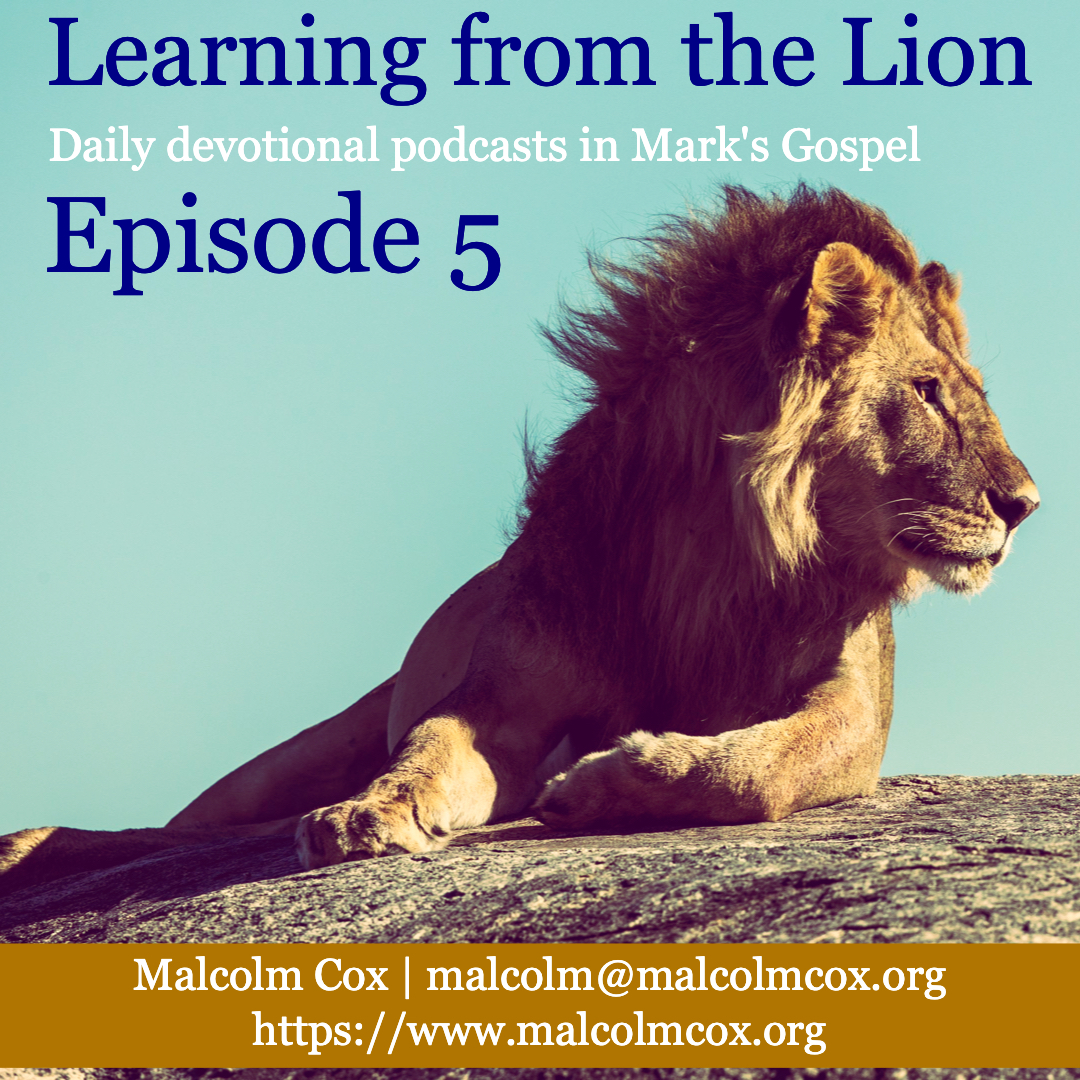What are the most essential spiritual qualities for a disciple? How about these three: humble, hungry and smart?
I should explain. I’ve finished a fascinating book, “The ideal team player: how to recognise and cultivate the three essential virtues”, by Patrick Lencioni.
Written as a fable, it tells the story of Jeff and his baptism of fire in becoming a CEO. The story is well written, short and illuminating.
The conclusion? The qualities of being humble, hungry and smart are critical to performing well in a team, and the team performing well. True enough. But what of the application?
Am I humble, hungry and smart? What would other people say? I can bring to mind recent events when I have been deficient on at least one of these areas.
We’ll start a three-part study of these three qualities and how they influence our relationship with God and others.
Humility
Today, we will examine the issue of humility. Of course, this is a huge topic. But we will look at the basics as they impact our prayer-life.
Here’s a quote from the book in the section defining humility:
“Great team players lack excessive ego or concerns about status. They are quick to point out the contributions of others and slow to seek attention for their own. They share credit, emphasize team over self, and define success collectively rather than individually.”
Lencioni, Patrick M.. The Ideal Team Player: How to Recognize and Cultivate The Three Essential Virtues (p. 157). Wiley. Kindle Edition.
I felt a combination of ‘ouch!’ and overwhelm at reading that. Before you and I run away screaming, “It’s impossible!”, let’s have a look at what the Bible tells us about humility.
1. People Prayer
Humility in prayer, or a lack of it, is revealed by the way in which we talk about other people.
“The Pharisee stood by himself and prayed: ‘God, I thank you that I am not like other people—robbers, evildoers, adulterers—or even like this tax collector.” (Luke 18:11 NIV11)
Comparing ourselves to others in prayer reveals an insecurity with God. If we think we have to portray ourselves as better than others to God, we fundamentally misunderstand the nature of his love for humankind. He has no favourites. He loves all equally.
2. Submissive Prayer
Submission is a bit of a dirty word these days. But we’re not talking about forced submission. Biblical submission is always willing. Not that it’s easy. But a sign of prayerful humility is that we submit our requests according to God’s will.
This is what lies behind the famous phrase in the Lord’s prayer: “your will be done, on earth as it is in heaven.” (Matthew 6:10 NIV11)
This attitude is best illustrated in Gethsemane: “Father, if you are willing, take this cup from me; yet not my will, but yours be done.” (Luke 22:42 NIV11)
3. Confident Prayer
A characteristic of humble prayer is confidence. Why? Because this demonstrates trust in God. As the writer to the Hebrews says:
“Let us then approach God’s throne of grace with confidence, so that we may receive mercy and find grace to help us in our time of need.” Hebrews 4:16 NIV11
To approach God with trepidation, fear, uncertainty or hesitation indicates we believe our judgement about ourselves to be more valid than God’s judgement about us. That looks a lot like pride and not much like humility.
Conclusion
What does this mean for our daily prayers? Let me make three suggestions.
i. Pray for the good of others. Pray to see them as God sees them. Pray to see them as Jesus saw the thief on the cross (Luke 23:43).
ii. Pray to be willing for God’s will to be done in your life. Pray for the strength to trust him when his will is different from your own. Pray for the kind of joy that Jesus had even though he went to the cross (Hebrews 12:1-3).
iii. Pray with the assumption that God wants to hear your prayers, likes to hear them, and really loves you (Revelation 8:3).
We will look at hunger next time, and finish with the issue of being smart in the third article.
Question
What do you think is the best indicator of humility in prayer? How do you see it in action? What is the difference between confidence and pride? What is the difference between false humility and true humility? How does this affect your prayer life?
Please leave a comment here so that we can all learn from one another. We learn best, when we learn in community.
I hope you have a wonderful week of fulfilling quiet times.
God bless, Malcolm





